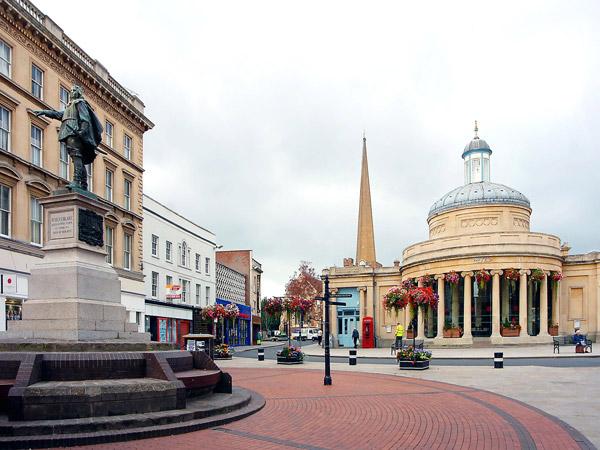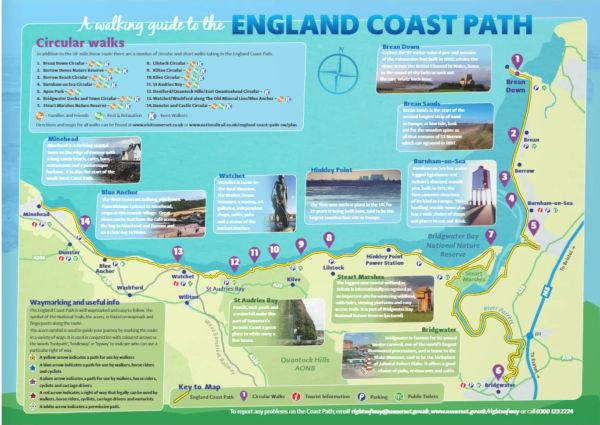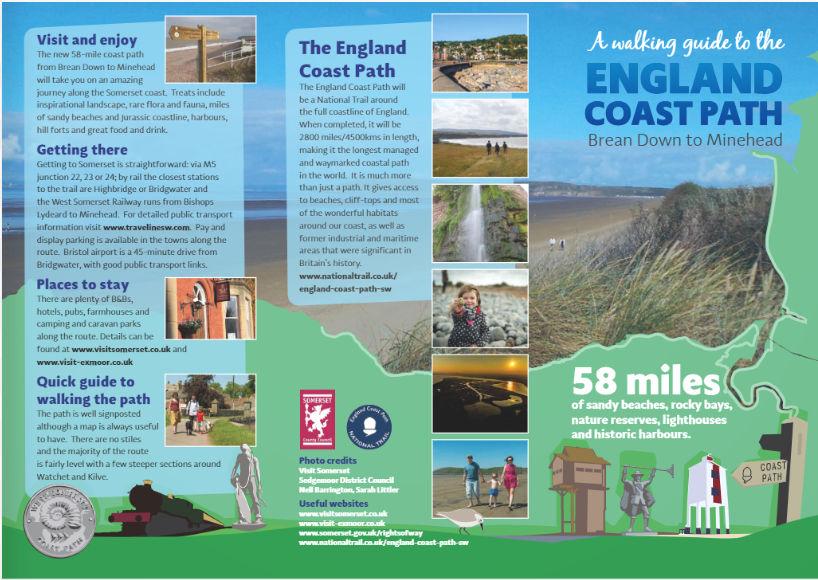
Introduction to Bridgwater
Bridgwater in Somerset, England, is a market town, the administrative centre of the Sedgemoor district, and the leading industrial town in the county. Bridgwater is located on the major communication routes through South West England. It is pleasantly situated, on the edge of the Somerset Levels, in a level and well-wooded country, having on the east the Mendip range and on the west the Quantock hills. The town lies along both sides of the River Parrett, 10 miles (16 km) from its mouth, here crossed by a handsome iron bridge. The town is located between two junctions of the M5 motorway, the southern most of which houses a motorway service station. Bridgwater railway station is on the main railway line between Bristol and Taunton. Bridgwater had a population of 36,563 according to the 2001 census (up from 22,718 in 1951, 3,634 in 1801, and 7,807 in 1831). Historically, the town had a politically radical tendency, being involved in several events of note on the national stage.

How was Bridgwater Town Council Formed?
Bridgwater Town Council was created in 2003 by virtue of ‘The Sedgemoor (Parish) Order made on 7 March 2003 as successors to the Charter Trustees for the Town with first elections held in May that year.
How has the Council changed?
Bridgwater Town Council was created in 2003 by virtue of ‘The Sedgemoor (Parish) Order made on 7 March 2003 as successors to the Charter Trustees for the Town with first elections held in May that year. 16 Members represent seven wards in the town – Dunwear, Eastover, Fairfax, Hamp, Westover, Wyndham & Victoria. The Town Council (& Charter Trustees) succeeded the former Borough of Bridgwater which was amalgamated into Sedgemoor District Council on 1 April 1974 following the 1972 local government re-organisation. The Borough celebrated 500 years of the Mayoralty in 1969.
Where is the Town Council located?
The Town Clerk’s office, Mayor’s Parlour, Cruck and Burgess meeting rooms are in the Town Hall, High Street, Bridgwater. Functions and powers available to the Town Council include allotments, bus shelters, making of byelaws, cemeteries, clocks, crime prevention, entertainment and arts, highways, litter, public buildings and halls, public conveniences, recreation, street lighting, tourism, traffic calming, community transport and war memorials and consultation on planning applications and such things as street naming. The Council has earmarked funds which include funds for civic enhancement, heritage regeneration, skate-park development and property building maintenance, Christmas Lights and elections and provides service support to SDC for other services including street cleaning, public toilets, dog bins and town centre management. The Council also operates two grant schemes one of which is ward based. Click hereopens PDF file to view a full resume of the services and actions provided by BTC.




